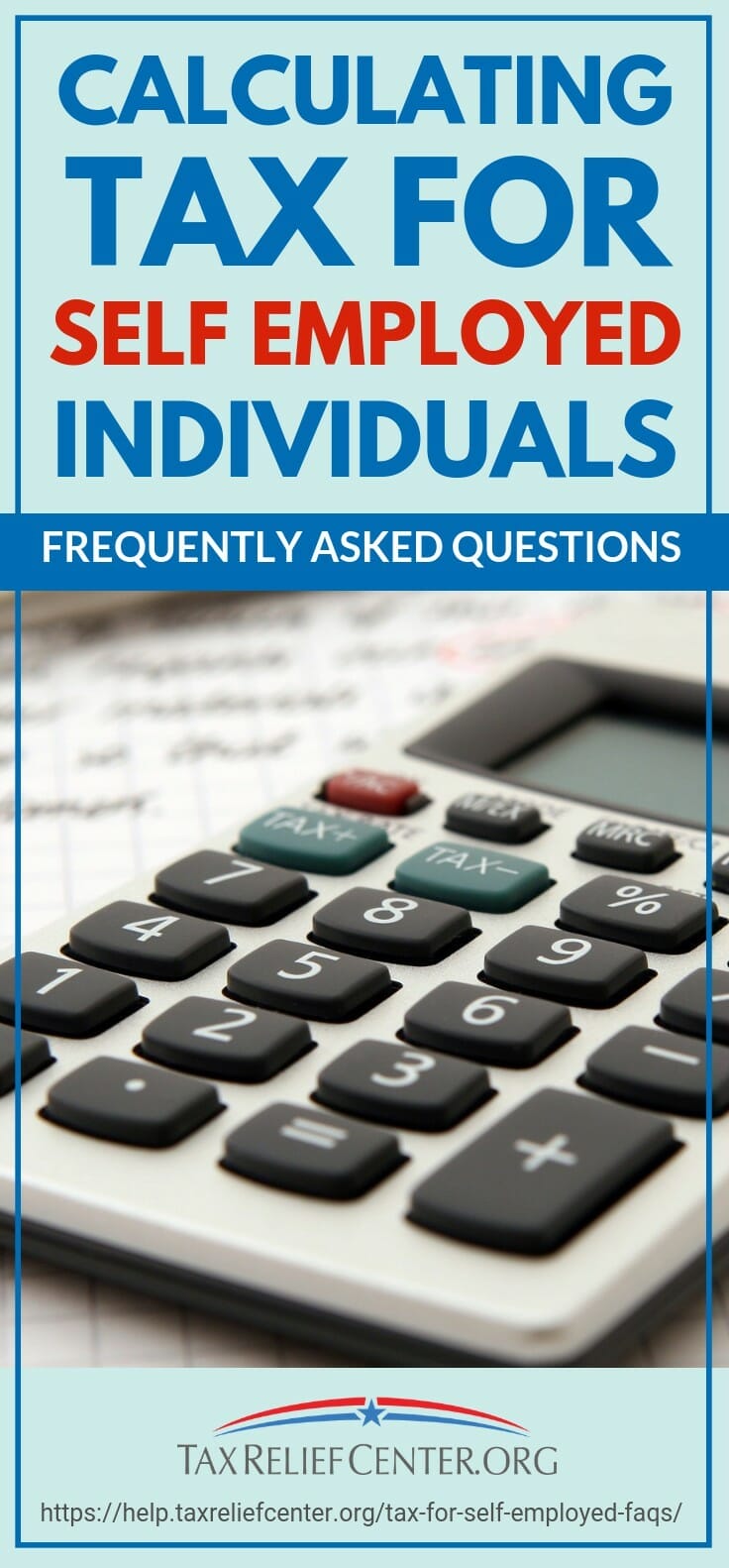Taxes for self-employed individuals are certainly different from employed ones. Other than the obvious difference in who pays for the taxes, there are several other things you need to keep in mind when filing as a self-employed individual. Read on to learn about self-employment tax forms, deductions, and more.
Tax for Self Employed | All You Need to Know
What Is Your Business Structure?
One of the first things to consider when starting a business is defining your business structure. This will determine which income tax return you need to file. Basically, the most common forms of businesses for small companies are sole proprietorship and partnerships. When you are setting up a large company, then you may want to register under corporations, S corporations, and limited liability company (LLC).
What Are My Self Employed Tax Obligations?
As self-employed, you need to pay for both self-employment and income taxes. Self-employment tax refers to the Social Security and Medicare taxes. Aside from these taxes, you also need to file an annual return.
When Do I Need to Pay Self Employment Taxes?
If your net income is above $400, you are required to pay the self-employment tax. If you’re a church worker, your net income should be at least $108.28 before you are required to pay this tax. Unlike employees who earn wages from an employer, a self-employed individual does not pay self-employment taxes on a regular basis. You are only required to pay this when the taxable income is determined which is usually at the end of the financial year.
How Are Self Employed Taxes Calculated?
Self-employment tax is computed exactly the same as those working as employees. It has the same rate of 15.3%. The only difference lies as to who pays for this tax. For employees, the 15.3 percentage is split in two, 7.65% is paid by the employee while the remaining half is paid by the employer. Self-employed individuals on the other hand shoulder the whole 15.3%. To learn more about self-employment taxes, you may refer to the Schedule SE (Form 1040).
Can I Claim Any Deductions to My Income?
Yes. If you are self-employed and working in your own home, you can qualify for the Home Office Deduction. To qualify, the property must be used regularly and exclusively and it must be used as a principal place of conducting your business. You may use either of the two methods of deducting this home office expense. First is the simplified method where you are allowed to deduct $5 per square foot with a limit of 300 square feet. The other one is computed based on the Form 8829.
How Do I File/ Pay My Taxes?
In paying self-employment tax, individuals have to use estimated tax through the Form 1040-ES. This form is needed when making quarterly payments. You can make payments via mail or by paying through the Electronic Federal Tax Payment System (EFTPS). When filing an annual return, you need to use Form 1040 Schedule C or C-EZ.
What Is an Information Return and Do I Have to File This?
An information return is a tax document that individuals or businesses must file to notify the IRS about any transactions involving the receipt or making payments to a different taxpayer. Do note that there are many kinds of information return. Go here to know what form you need to use.
Are you a self-employed taxpayer and not sure about which deductions you can claim? Watch this video to know more:
Computing taxes can be challenging especially when you are not familiar with IRS rules. If you are a self-employed individual, it is a must that you know how to compute your taxes and where and when to file them to avoid any penalties and complications in the future.
Do you have any other questions regarding tax for self-employed individuals? Let us know in the comments section below.
Up Next: Tax Relief For Deserving Americans | Do You Qualify?



